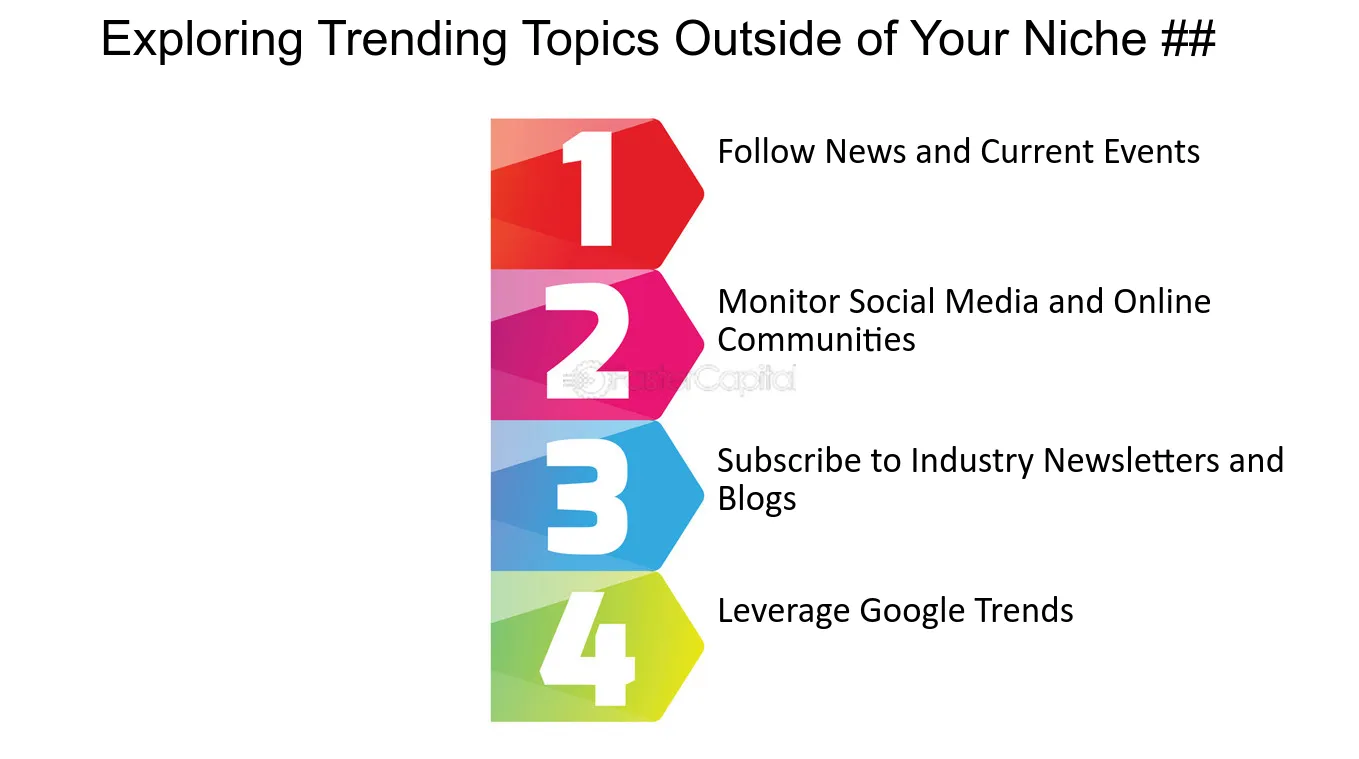Trending Topics: A Window Into What Captures Global Attention

In today’s rapidly evolving digital landscape, “trending topics” have become a key feature of how we understand and engage with the world around us. They provide real-time snapshots of what people are talking about, what they care about, and what events are shaping conversations globally. These trending subjects can span a wide range of categories, from entertainment and technology to politics and social movements. With social media platforms and news outlets constantly updating us on the most talked-about issues, trending topics offer a unique glimpse into the collective consciousness of society.
The Nature of Trending Topics
Trending topics are essentially the most popular subjects or hashtags at a given time, often driven by a surge of public interest or a notable event. These trends don’t arise randomly; they’re fueled by real-time reactions to what’s happening in the world. For example, a major sporting event, a political development, or a celebrity’s announcement can cause a topic to go viral within minutes. With the power of the internet and social media, what was once a local discussion can now become a global trend, spreading across platforms like Twitter, Facebook, Instagram, and even news outlets.
In many cases, trending topics emerge organically as people respond to what they see or hear. Social media algorithms play a crucial role by amplifying topics that are being discussed by a large number of users. The more people engage—whether by posting, liking, or sharing—the more visible the topic becomes. This cycle of engagement drives the rapid spread of trending topics, ensuring that they reach a broad audience in a very short amount of time.
Drivers Behind Trending Topics
Several factors contribute to the rise of trending topics, with news events being one of the most significant. When a major event occurs, such as a natural disaster, political scandal, or significant announcement, the world turns its attention to it, often propelling it to the top of the trending charts. This is why we frequently see headlines like elections or global crises becoming the focal point of discussions. The public’s desire to stay informed and express opinions on these issues contributes to their dominance in trending topics lists.
Pop culture also has a significant impact on what trends. The release of a new movie, a high-profile celebrity moment, or even the finale of a popular TV show can capture global attention. Social media lights up with reactions, reviews, and memes, ensuring that entertainment continues to fuel much of the trending landscape. In addition, celebrity controversies, high-profile relationships, and viral challenges can take on a life of their own, rapidly spreading across platforms.
In recent years, social movements have increasingly become powerful drivers of trending topics. Hashtags like #MeToo and #BlackLivesMatter are prime examples of how social issues gain momentum online and spur meaningful discussions and activism. These movements not only trend but often lead to real-world actions, such as protests, policy changes, and heightened awareness around critical social justice issues.
Why Trending Topics Matter
Trending topics are more than just fleeting moments in time; they serve as cultural markers that reveal what society deems important. They give insight into public opinion and highlight the events or ideas that resonate most with people. In this way, trending topics act as a barometer for what is happening globally, offering a real-time look at the collective mood or interests of large groups of people.
Moreover, they have significant influence over public discourse. For businesses, trending topics can be a goldmine of marketing potential. Companies often jump on the bandwagon of popular trends to boost their visibility, align themselves with what’s hot, and engage with audiences in a timely manner. For example, a brand might release a tweet that ties into a major sporting event, or a company might create a product line inspired by a popular meme. By aligning their marketing strategies with these trends, businesses can capitalize on the momentum and relevance of trending topics.
Beyond marketing, trending topics often drive social and political conversations. When an important issue trends, it has the power to educate and mobilize people. Campaigns related to environmental issues, equality, and human rights have gained considerable traction by harnessing the attention generated through trending discussions. These moments can help bring about real-world change as they push topics into the public consciousness, encouraging action.
Staying Updated on Trends
To stay engaged with trending topics, many people use a combination of tools and platforms. Social media remains one of the most immediate sources of trending information, with platforms like Twitter offering curated lists of the top conversations happening in real time. News aggregators such as Google Trends also offer insights into what’s trending globally or in specific regions, providing a broader scope of what people are searching for and discussing online.
Engaging with online communities, such as those on Reddit or Quora, can also provide early insight into emerging trends. These communities often pick up on niche topics that might not yet have hit mainstream media, allowing users to get ahead of the curve. For professionals, especially in the marketing or media industries, using trend analysis tools like BuzzSumo or Hootsuite helps track and analyze trending topics to leverage them effectively in campaigns.
Conclusion
Trending topics serve as a powerful reflection of what captivates people’s attention at any given moment. From breaking news and political events to viral videos and social movements, these trends offer a real-time view into the conversations shaping the world. They are not only important for those looking to stay informed but also for businesses and organizations seeking to connect with the public in meaningful ways. By understanding and engaging with trending topics, individuals and institutions alike can better navigate the fast-changing landscape of the digital world.
